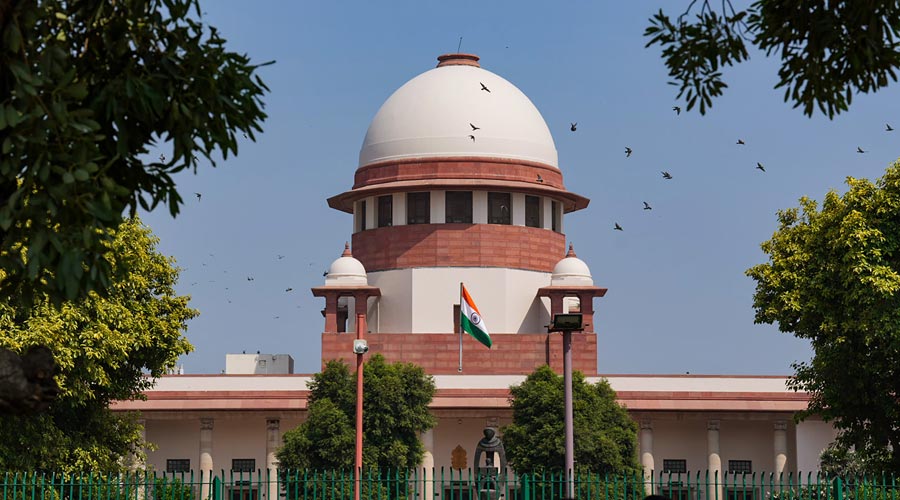Fraternity implies reciprocal responsibilities. A statement to this effect was reportedly made by one of the judges on the five-judge Constitution bench of the Supreme Court that ruled on whether additional curbs on free speech were necessary for ministers, members of parliament and of legislative assemblies or other public functionaries. The original context was the remark by Azam Khan, a former Uttar Pradesh minister in the Samajwadi Party government, that described a 2016 gang-rape as a political conspiracy. Although Mr Khan apologised, it brought up the question of extra responsibilities for government functionaries regarding hate speech. The court reportedly ruled that the limits on freedom of speech enumerated in Article 19(2) of the Constitution were exhaustive and no additional restrictions need be placed on public functionaries. Restraint of expression was part of their responsibility anyway; hence ministers, MPs and MLAs were expected to speak without hurting or insulting citizens. Expressions of hatred from them would have a negative impact on the investigation of crimes — Mr Khan’s remark being a case in point — or otherwise make some citizens feel uncertain about the government’s impartiality and affect their sentiment and behaviour too.
The majority of the bench also ruled that hate speech from a minister could not be vicariously attributed to the government. The judge, B.V. Nagarathna, dissented, reportedly stating that it could be so attributed if the speech were made in the speaker’s official capacity. Hate speech assaults the Constitution’s foundational values of liberty, equality and fraternity, creating inequalities within the fraternal bonds of a pluralistic, multicultural society. The judge’s reference to reciprocal fraternal responsibilities was relevant in this context — public figures are expected to set examples in these, manifested in cooperation, tolerance, mutual aid, respect and the disallowing of anything derogatory to women’s dignity. The judge seemingly felt the need for a control on disparaging remarks and appropriate legal remedies for those subjected to hate speech, with political parties formulating codes of conduct to ensure verbal restraint in their members. At a time when members of parties other than Mr Khan’s quite often go public with their disparagement, the issues before the bench had special force. What is needed is the assimilation of constitutional values. But when the culture of equality in governance seems weaker, can rules help?










